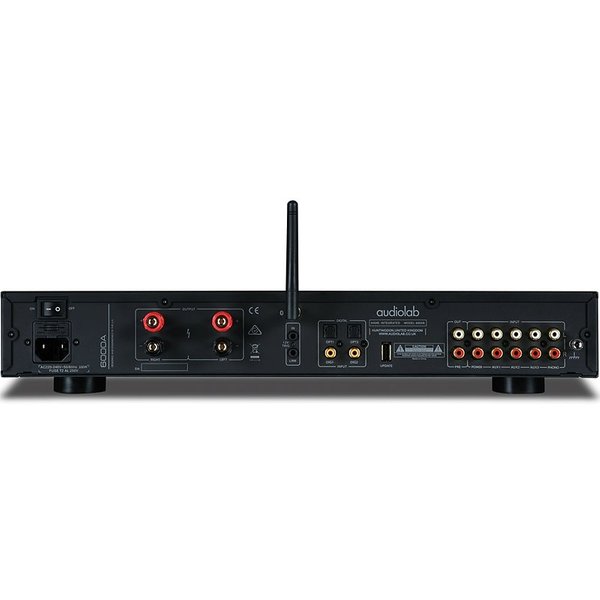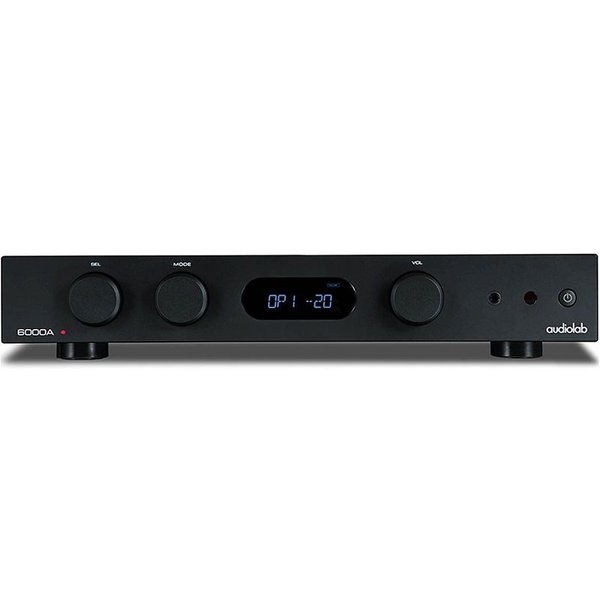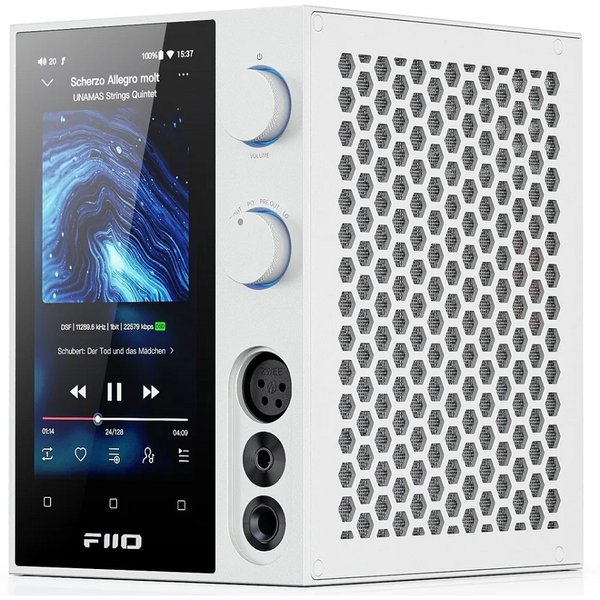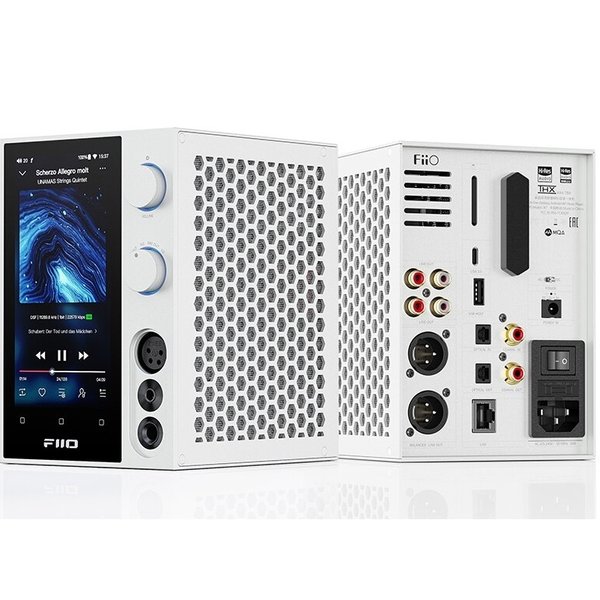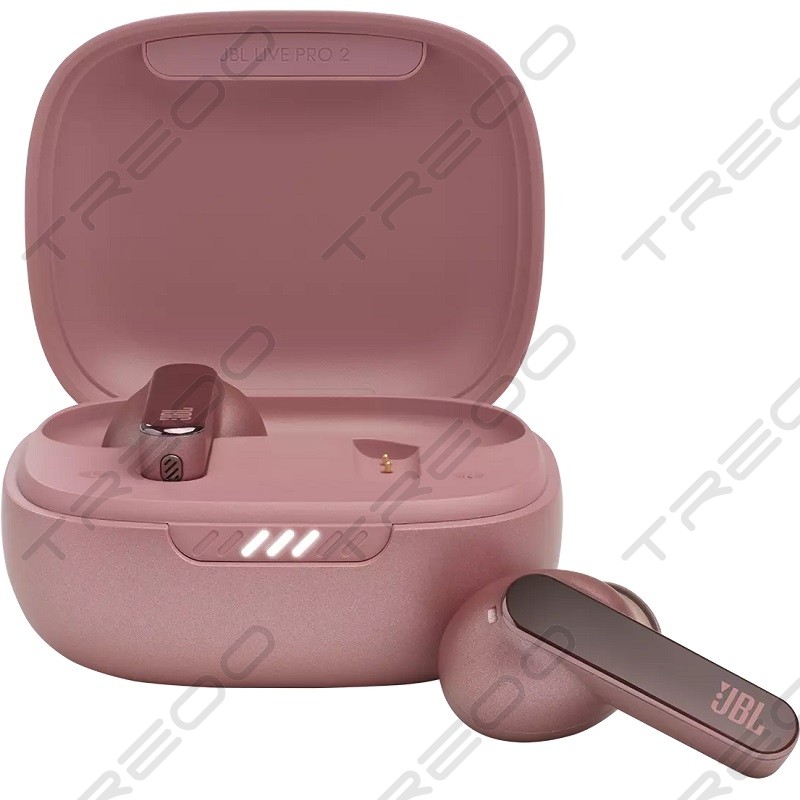Meridian Prime Desktop Headphone Amplifier
S$2,199.00
Why You Should Get It
- Meridian Flagship Headphone Amplifier
- High quality shaft-coupled, rear-mounted ALPS potentiometer to eliminate microphony
- Analogue Spatial Processing for 'outside the head' listening experience
- DC-Coupled for absolute bass & phase
- 6-Layer Circuit Board
- Pre-amp output for connection to power amps
- USB or Line Input
Warranty
1 year (local)
| Product Availability | Discontinued |
| Product Type | Amplifier (Headphone), Amplifier (Preamplifier) |
| Style/Type | Desktop |
| Features | Line-in |
| Mic for Calls/Communication | None |
| Input Connectivity Options | mini-USB |
| Output Connectivity Options | 3.5mm Stereo, RCA (Line-Out) |
| Colour | Black |
| Product Weight (g) | 1000 |
| Warranty | 1 year (local) |
If you're based in Singapore,
- spend $300 or more for free doorstep delivery1.
($250 for Silver/Gold/Platinum VIP members) - add a few more bucks, for an even quicker prioritised delivery.
- self-collection is possible at our Showroom, based in Ubi (nearest to MacPherson MRT). Find out where, and how to get to us here.
- and yes, you may arrange your own 3rd party logistics to pickup your purchases on your behalf.
GrabExpress, Lalamove, GoGoX, RydeSEND services are welcome.
Friends from Overseas,
- we do ship internationally.
- shipping fees will be displayed during checkout.
- do be aware of import tax/VAT that may apply.
1 Terms and condition do apply for free delivery. For more information, click here to view.
No Reviews Available Yet. Leave Your Review
| Product Availability | Discontinued |
| Product Type | Amplifier (Headphone), Amplifier (Preamplifier) |
| Style/Type | Desktop |
| Features | Line-in |
| Mic for Calls/Communication | None |
| Input Connectivity Options | mini-USB |
| Output Connectivity Options | 3.5mm Stereo, RCA (Line-Out) |
| Colour | Black |
| Product Weight (g) | 1000 |
| Warranty | 1 year (local) |
No Reviews Available Yet. Leave Your Review

Calling All Audiophiles!
Experience Sound Rewards Today.
A reimagined shopping experience for our loyal customers awaits.
Get rewarded with bespoke rewards as you shop with us!

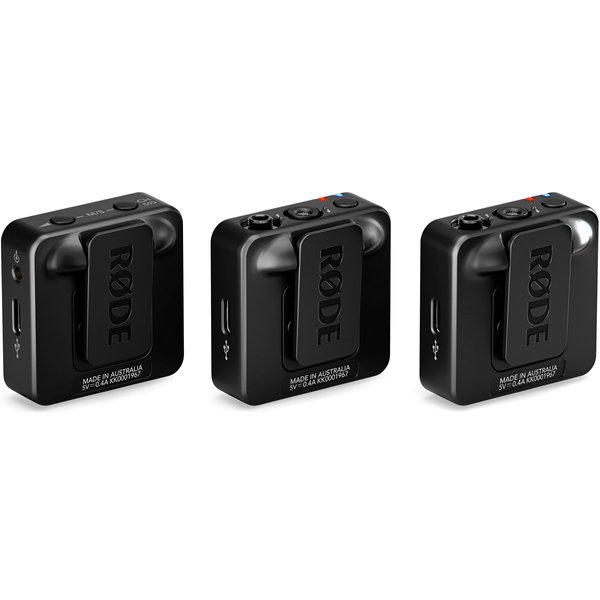
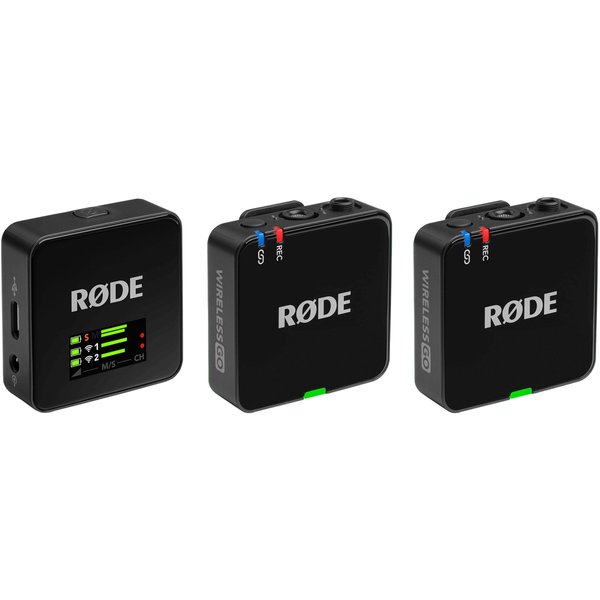
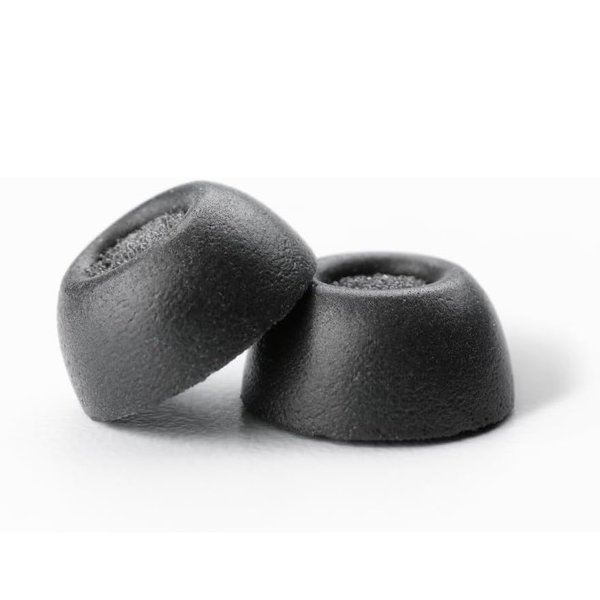
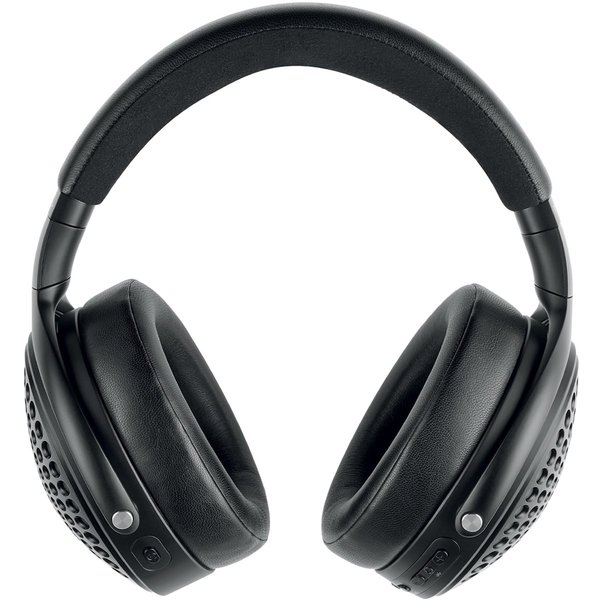
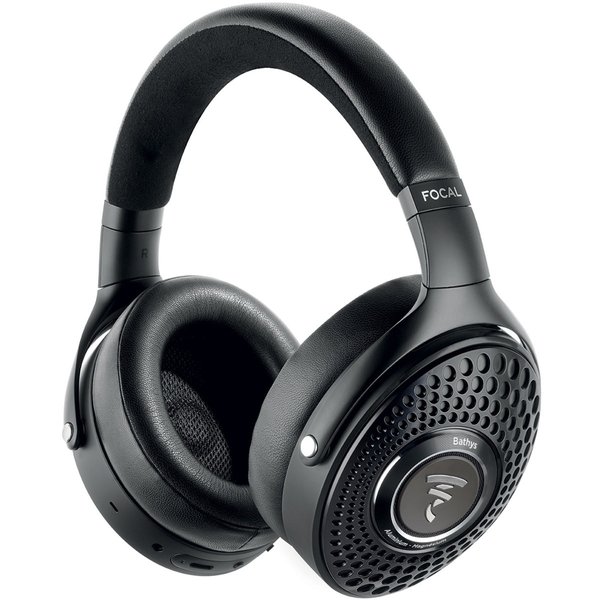




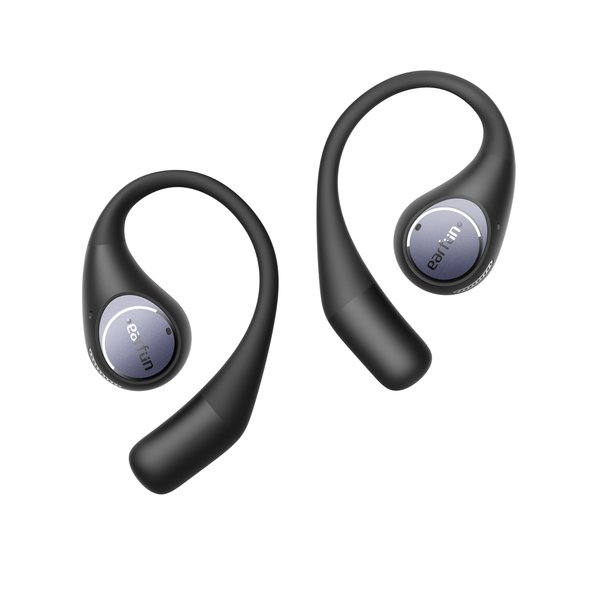
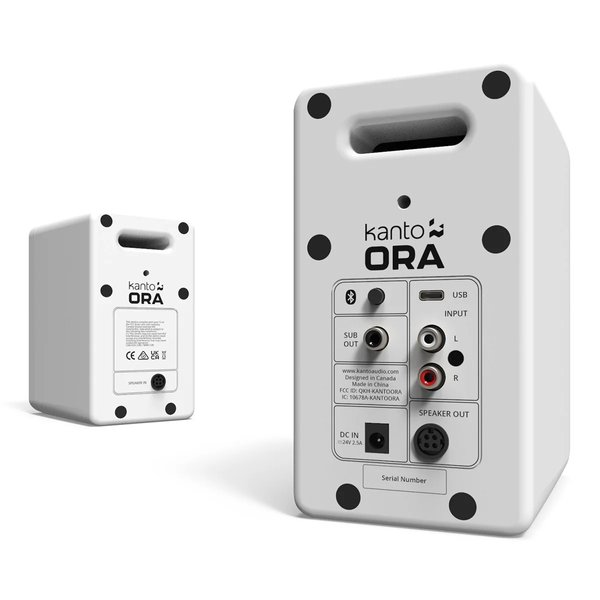
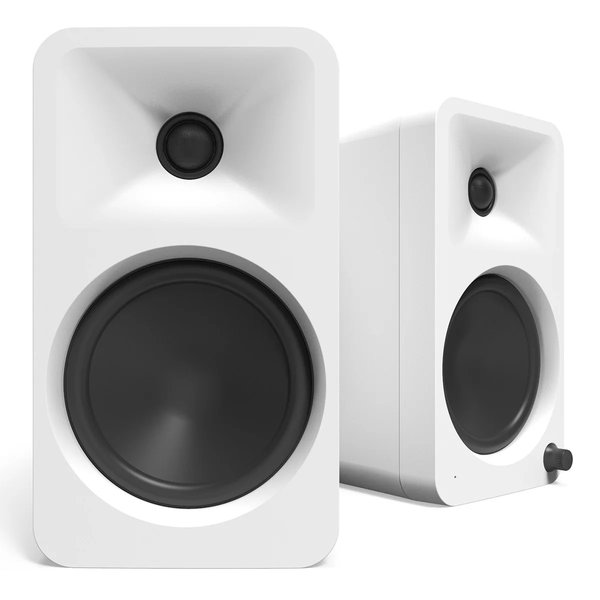


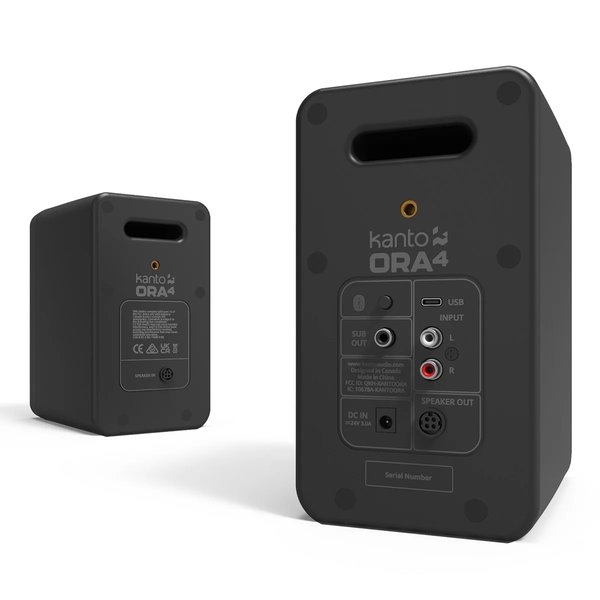
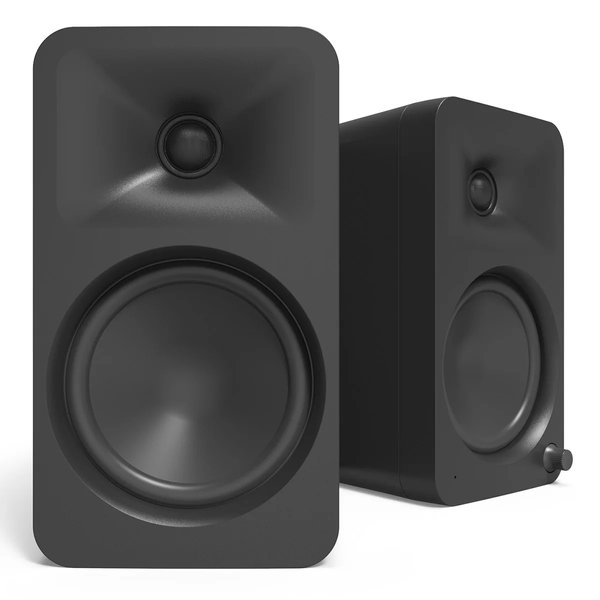






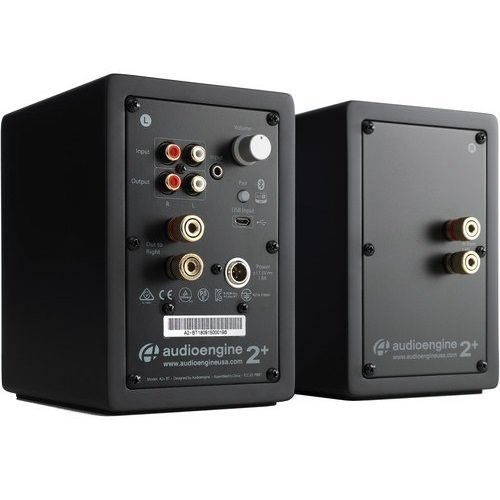
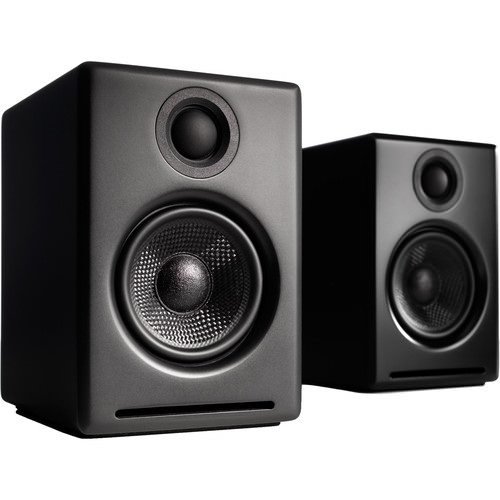


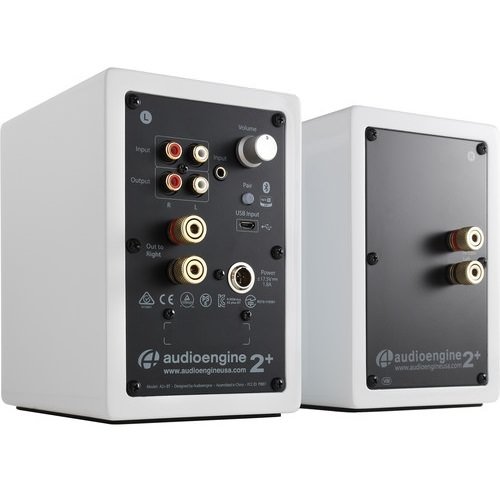
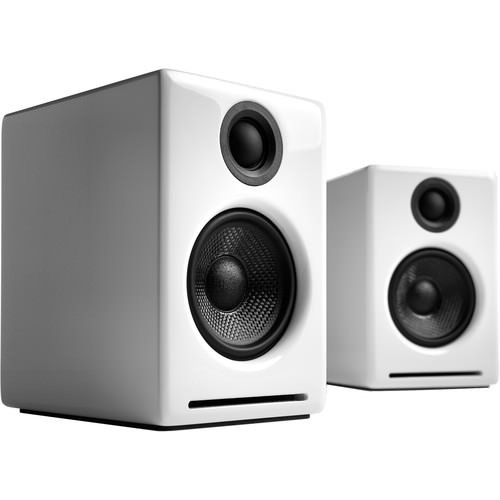
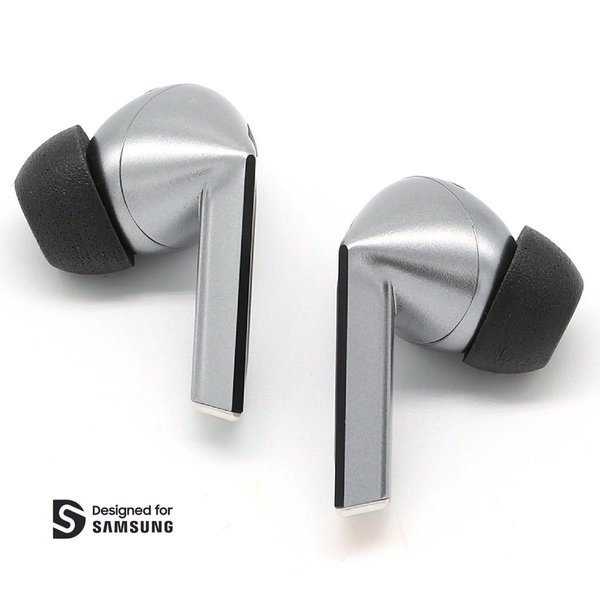
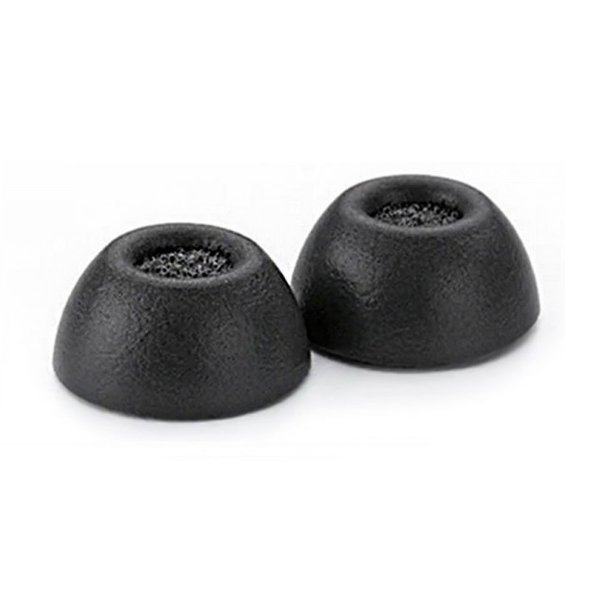


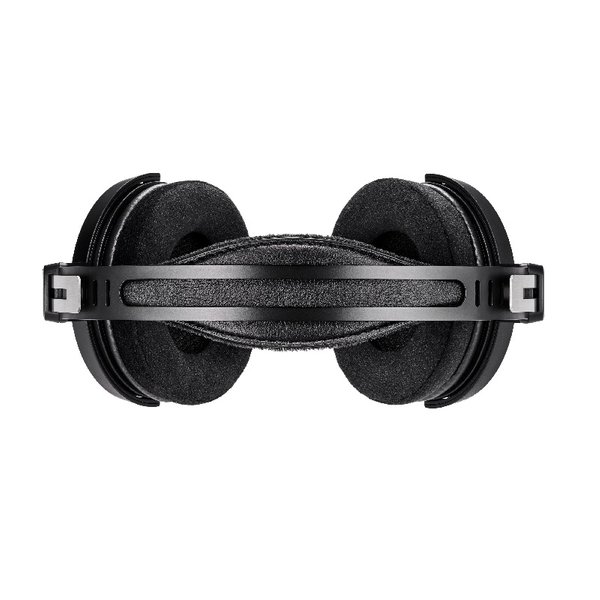
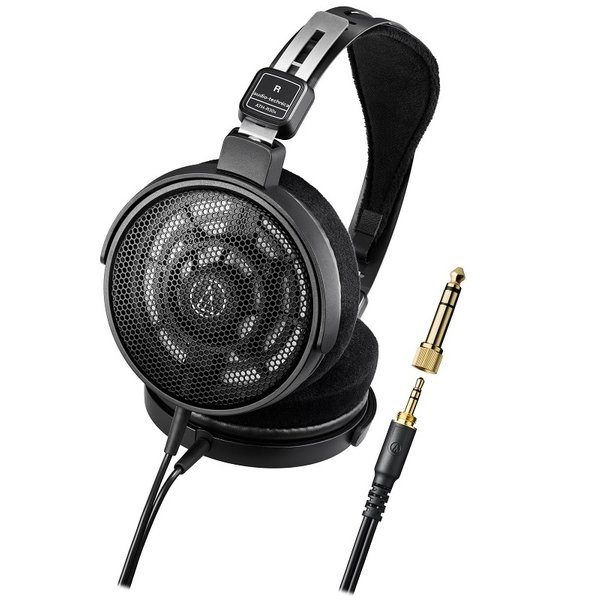
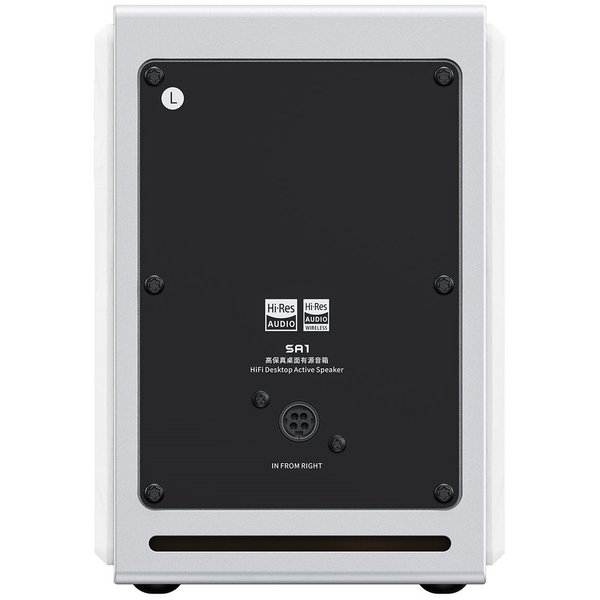
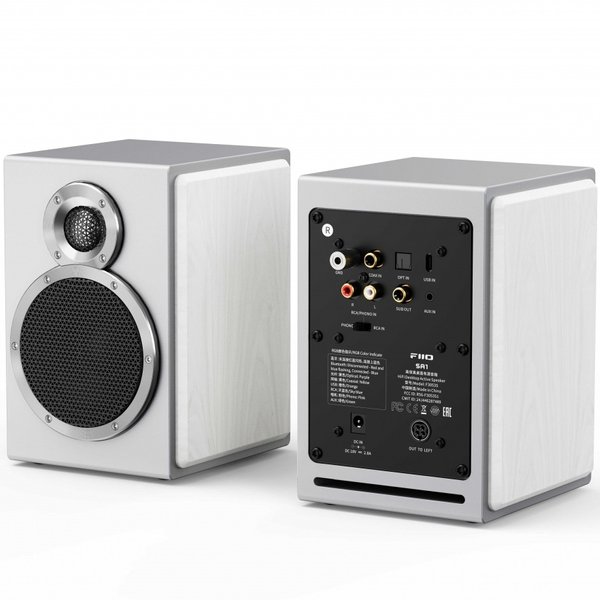


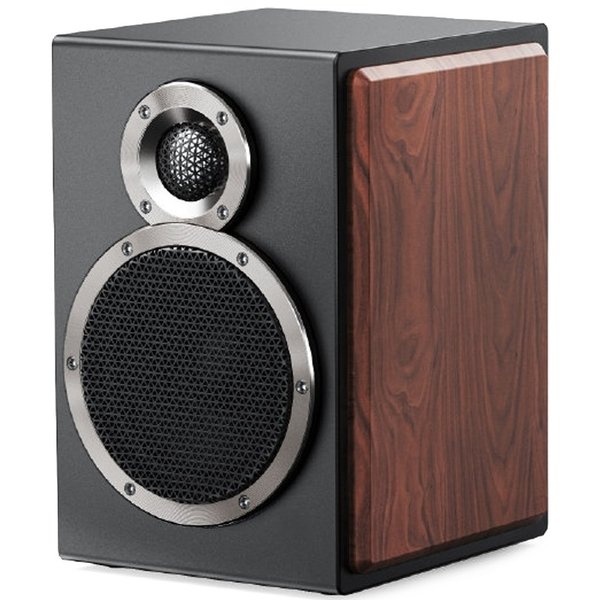
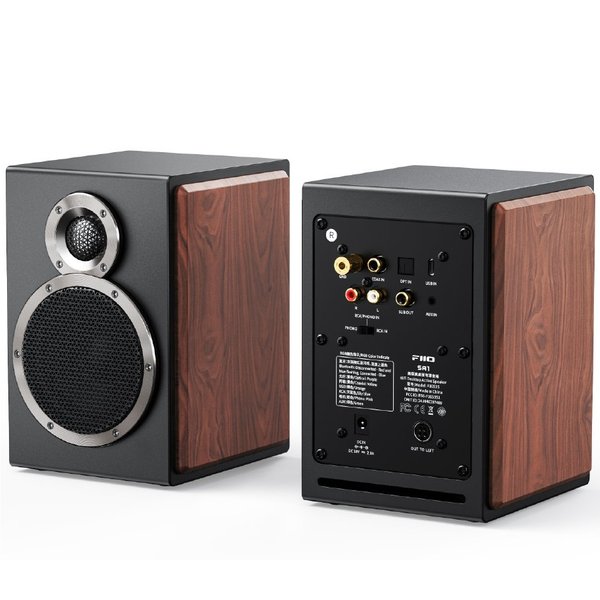
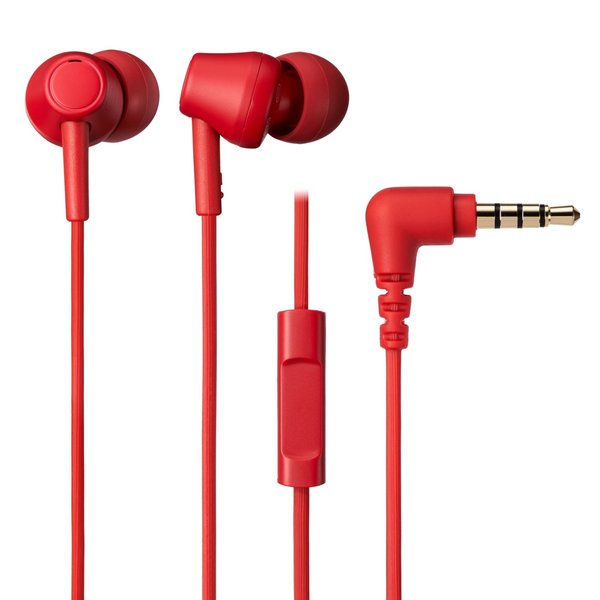



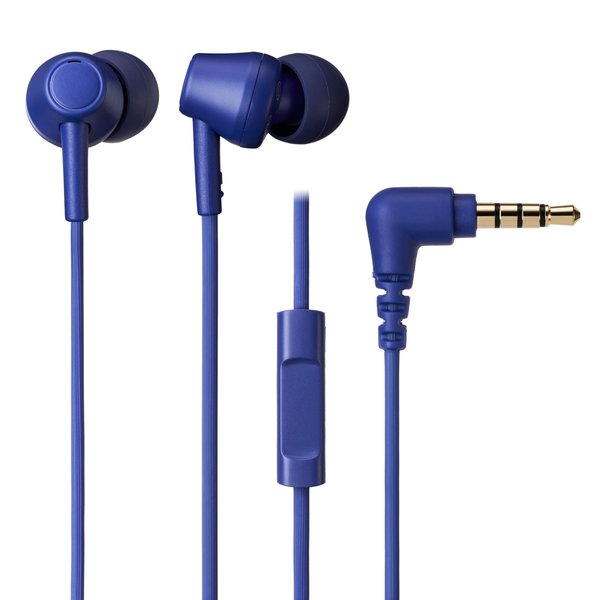

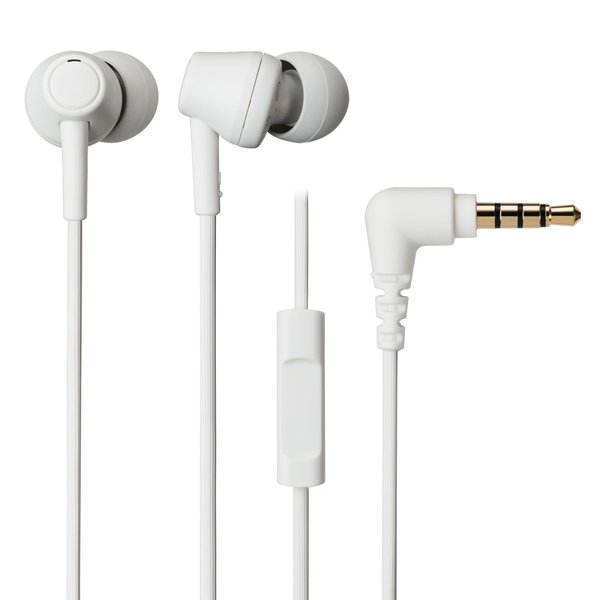
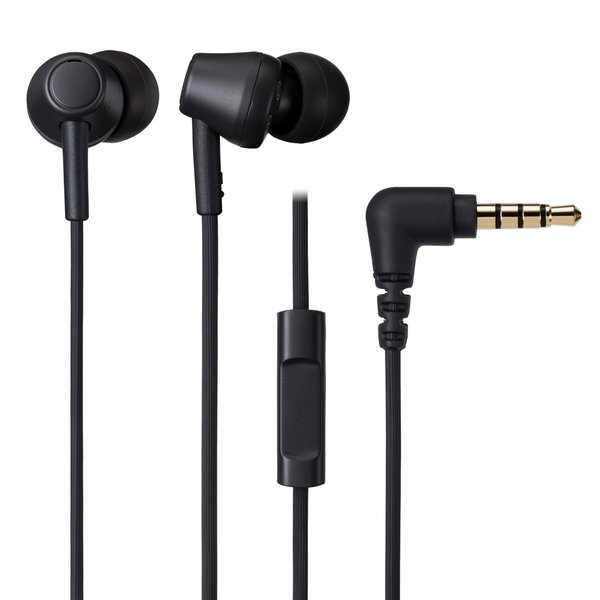
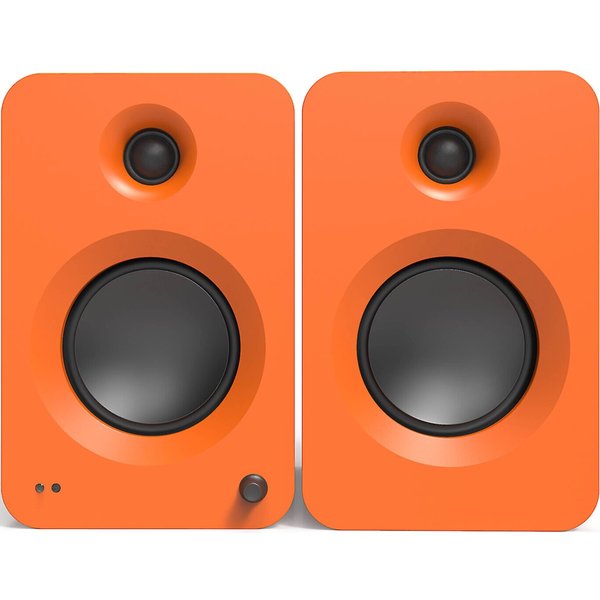
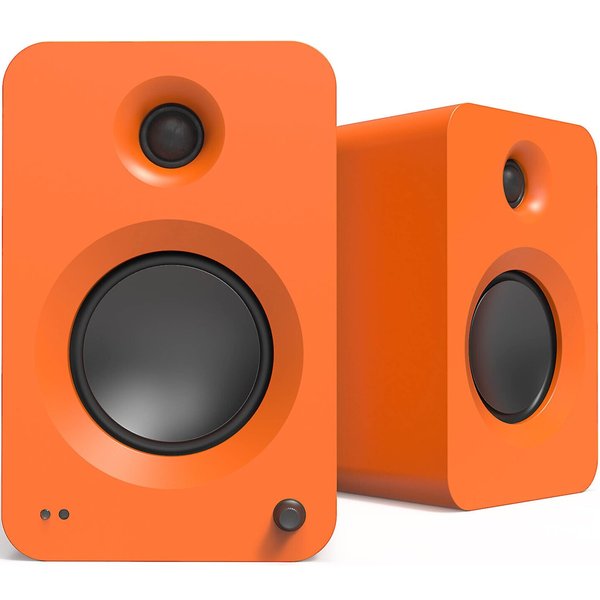



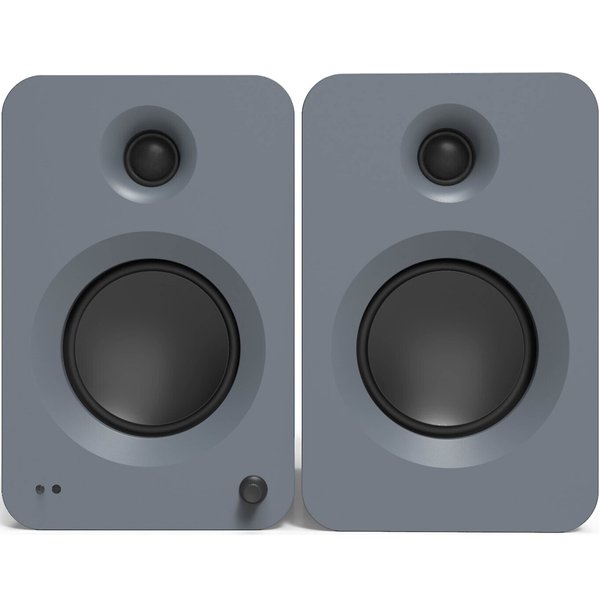
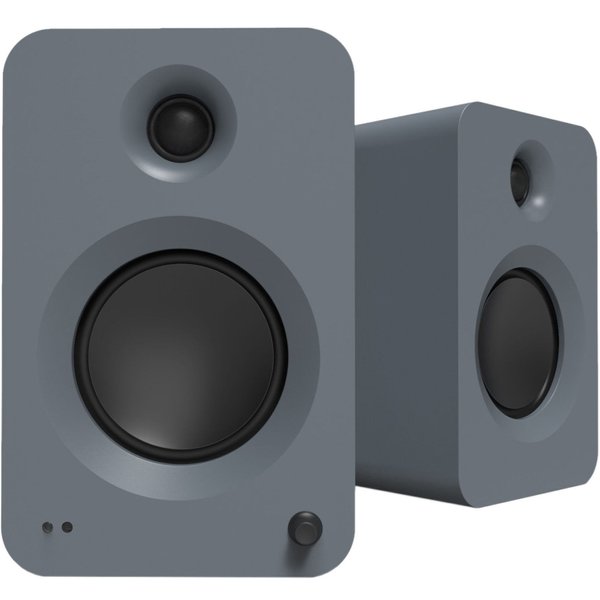

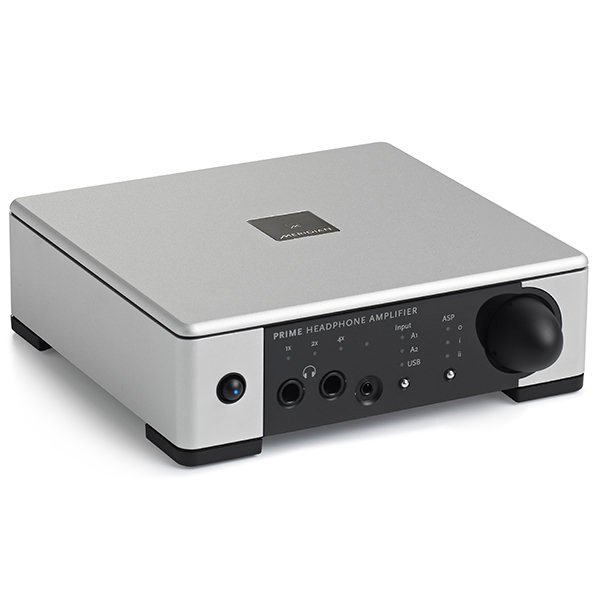
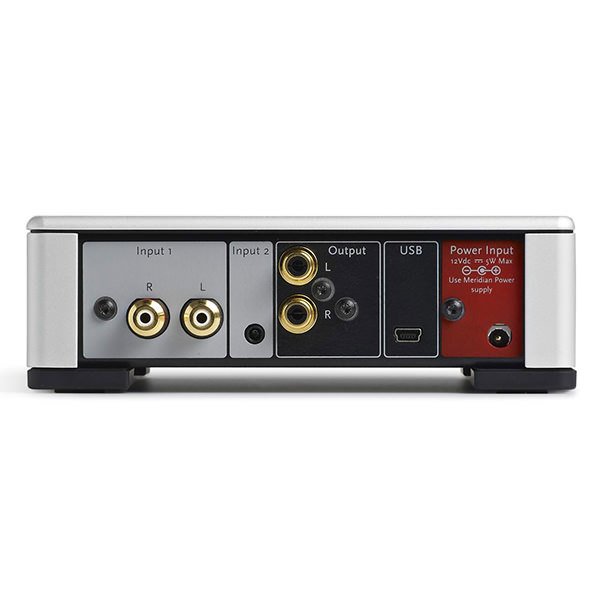
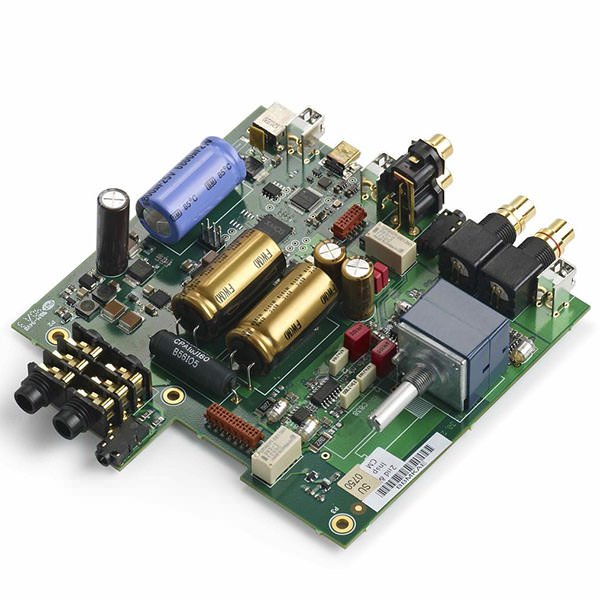



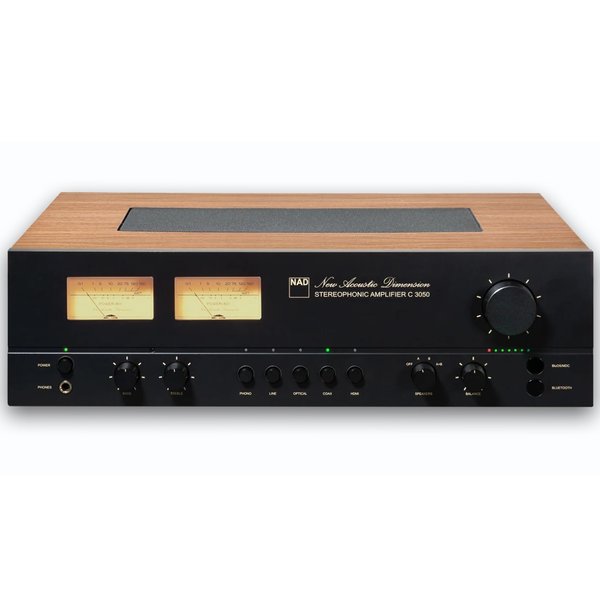
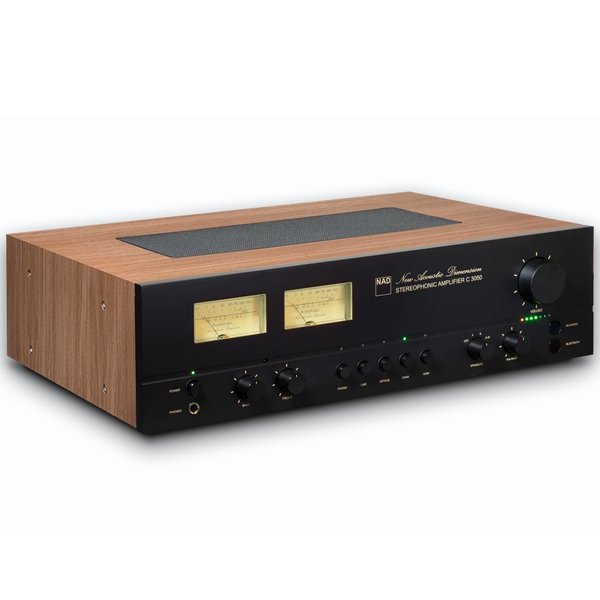
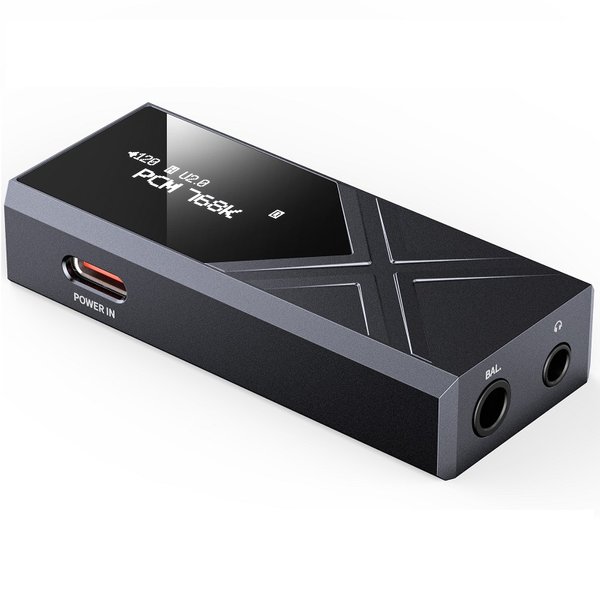
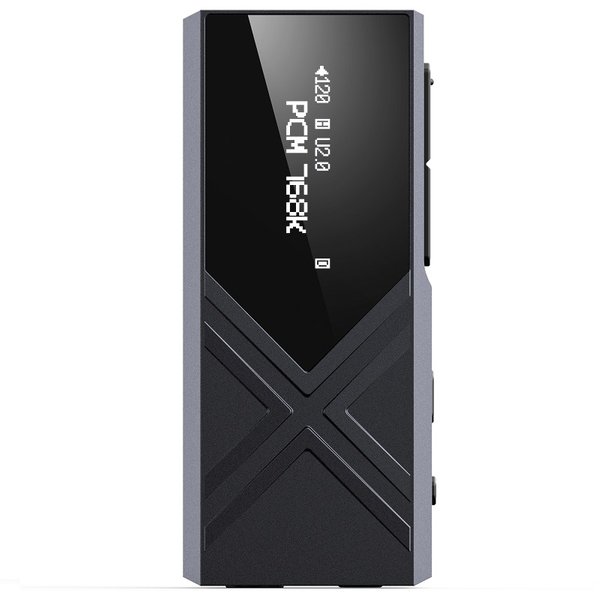


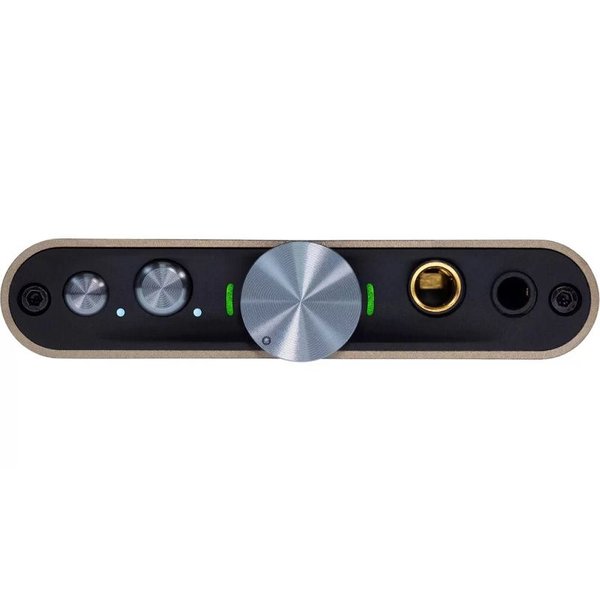
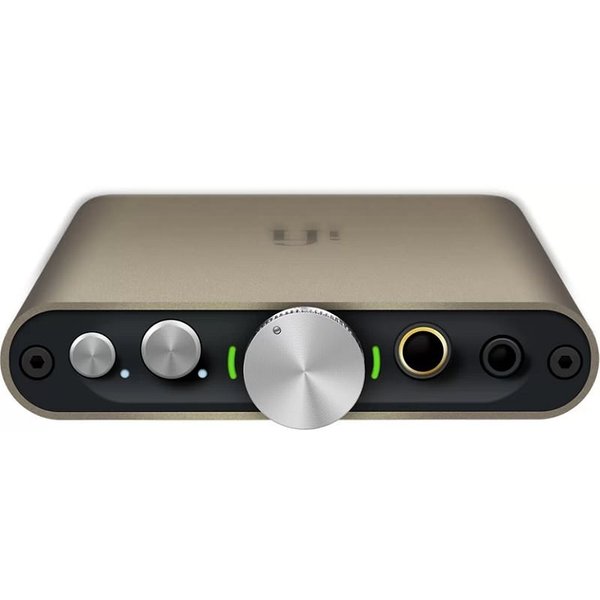
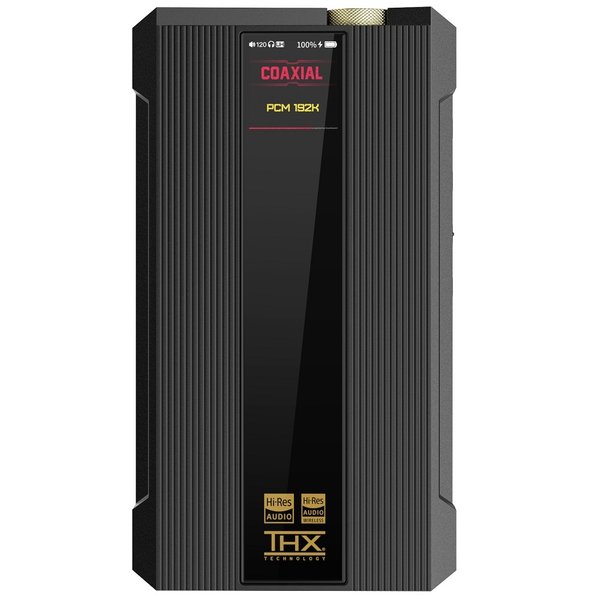
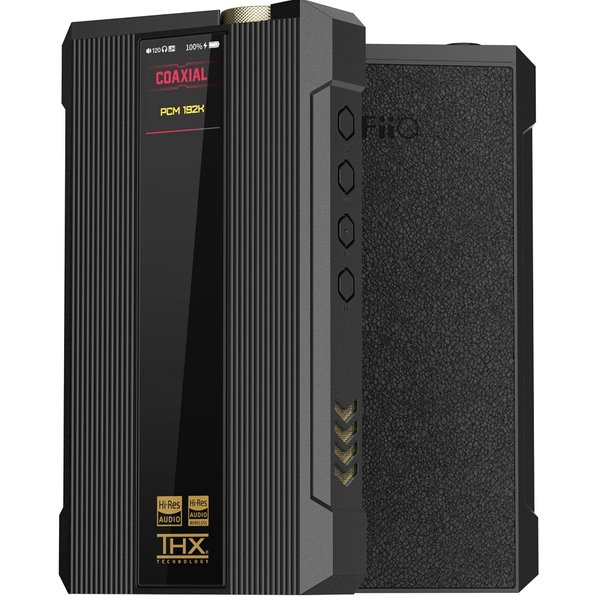
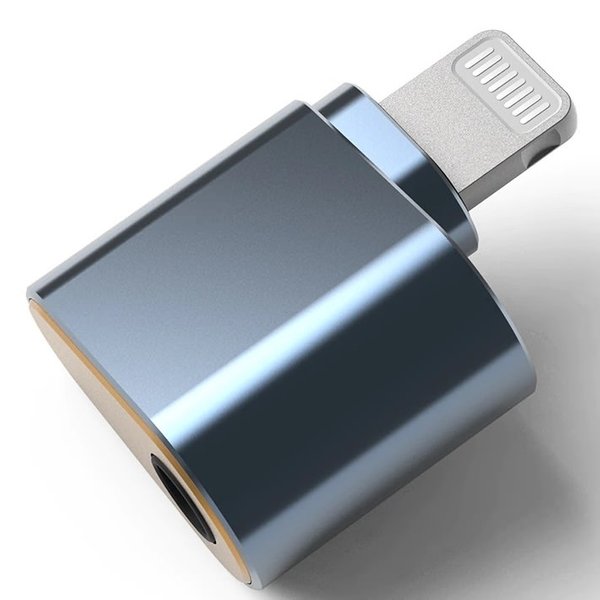
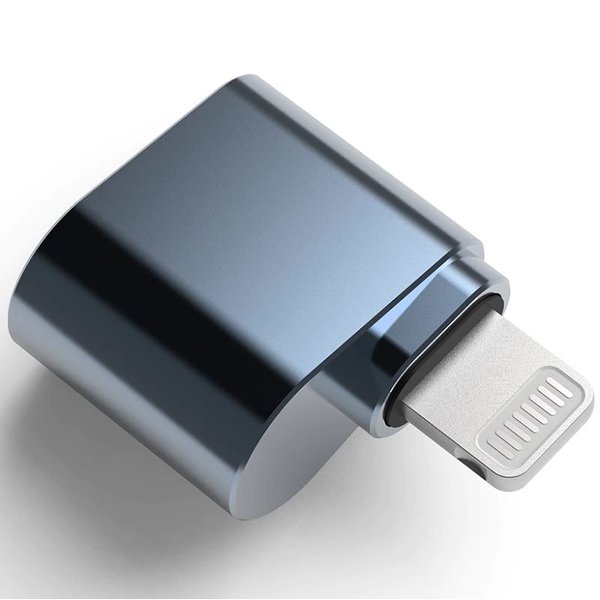
![ddHiFi TC35Pro (Mountain2) Lightning to 3.5mm TRS Unbalanced Portable USB DAC & Headphone Amplifier Adapter [2nd Gen] ddHiFi TC35Pro (Mountain2) Lightning to 3.5mm TRS Unbalanced Portable USB DAC & Headphone Amplifier Adapter [2nd Gen]](https://d30ek1sgwm2r4c.cloudfront.net/sites/files/treoo/productimg/202402/600xAUTO/ddhifi-tc35pro-lightning-0-thumb_800x800_magento.jpg)
![ddHiFi TC35Pro (Mountain2) Lightning to 3.5mm TRS Unbalanced Portable USB DAC & Headphone Amplifier Adapter [2nd Gen] ddHiFi TC35Pro (Mountain2) Lightning to 3.5mm TRS Unbalanced Portable USB DAC & Headphone Amplifier Adapter [2nd Gen]](https://d30ek1sgwm2r4c.cloudfront.net/sites/files/treoo/productimg/202402/600xAUTO/ddhifi-tc35pro-m2-lightning-800x800_magento.jpg)




